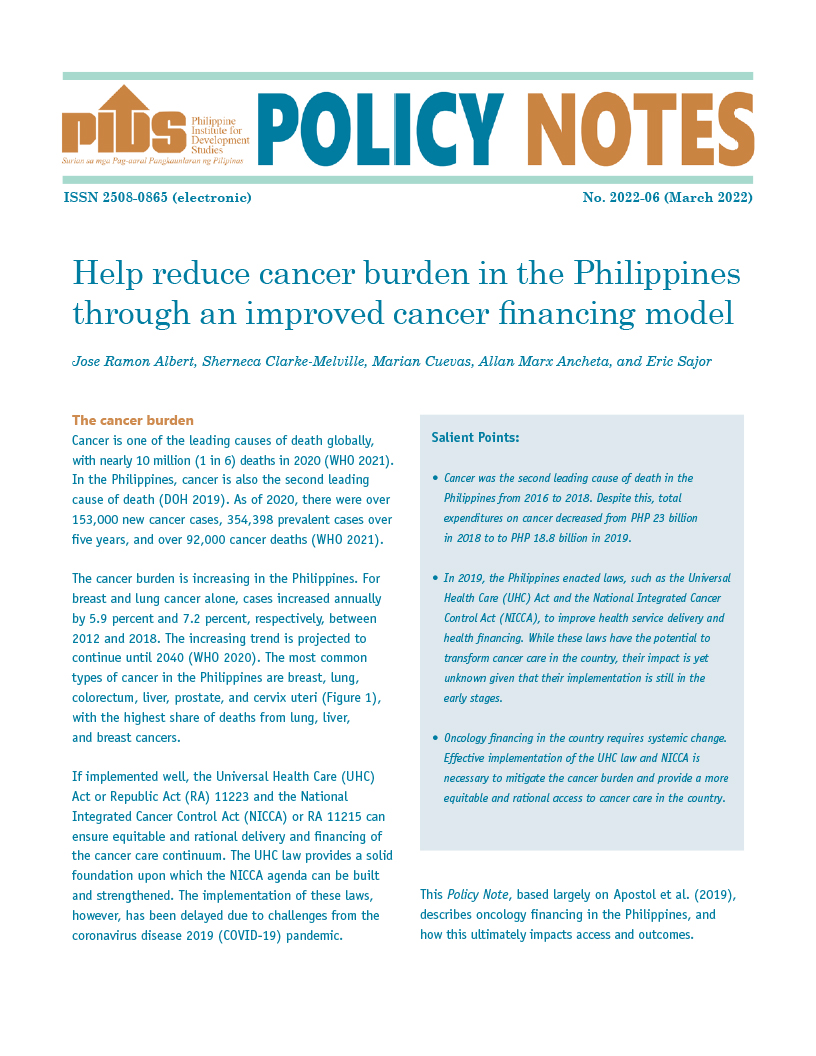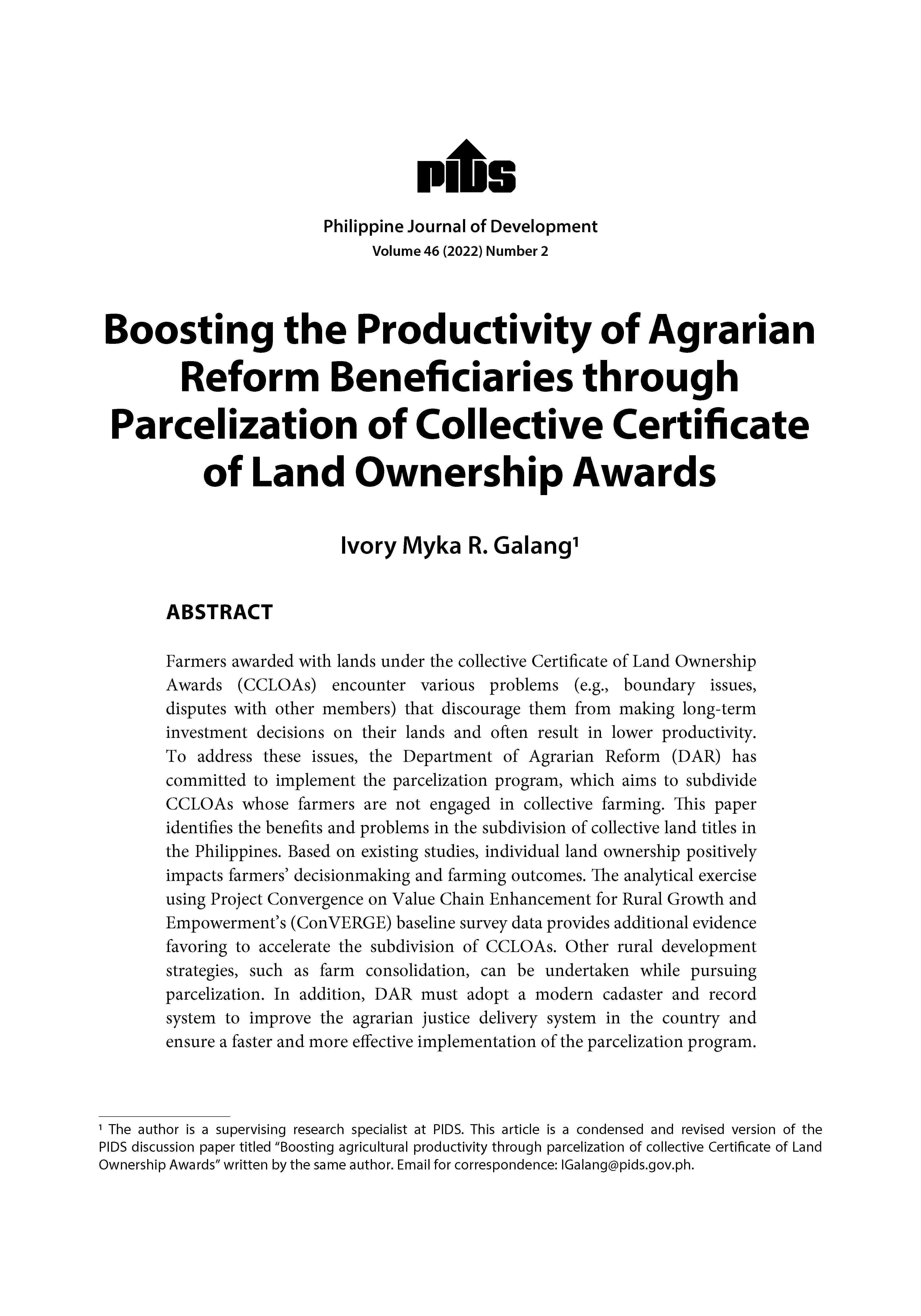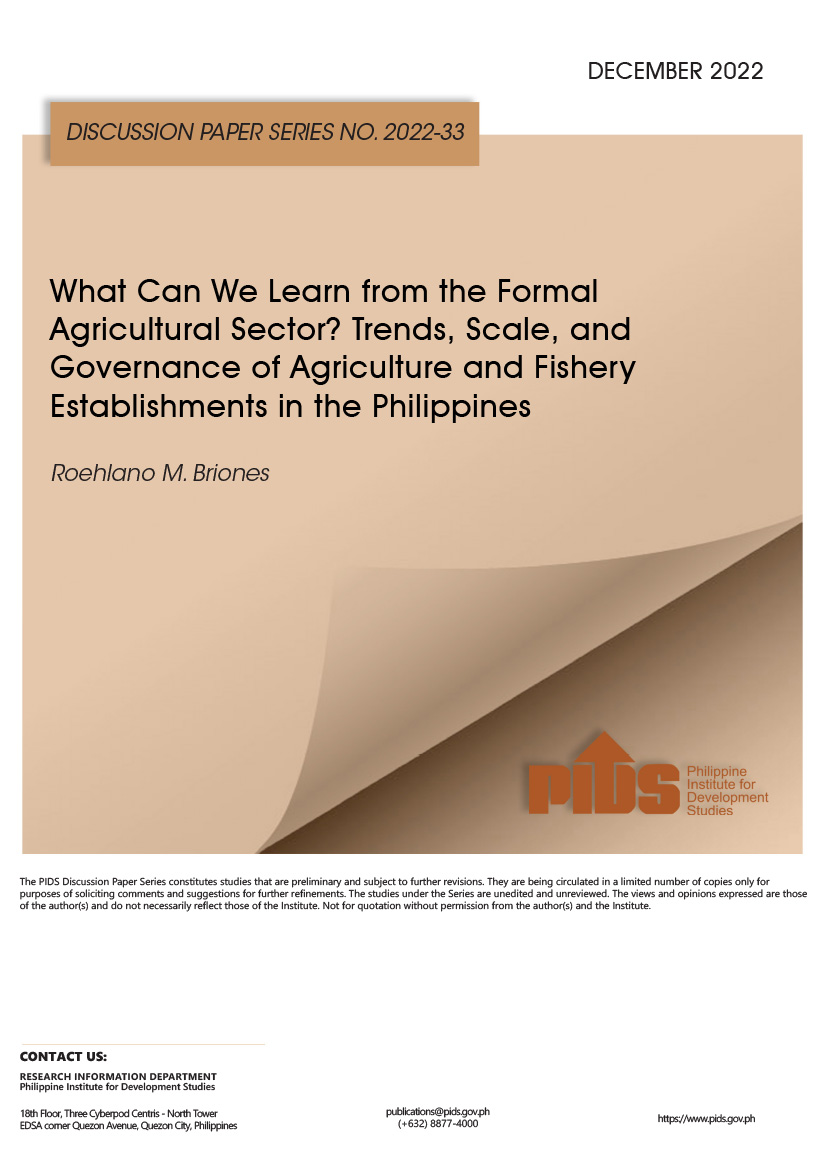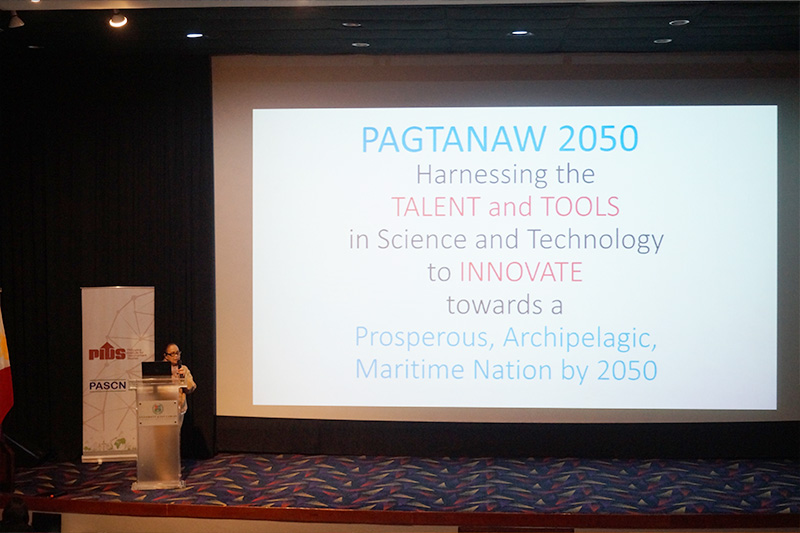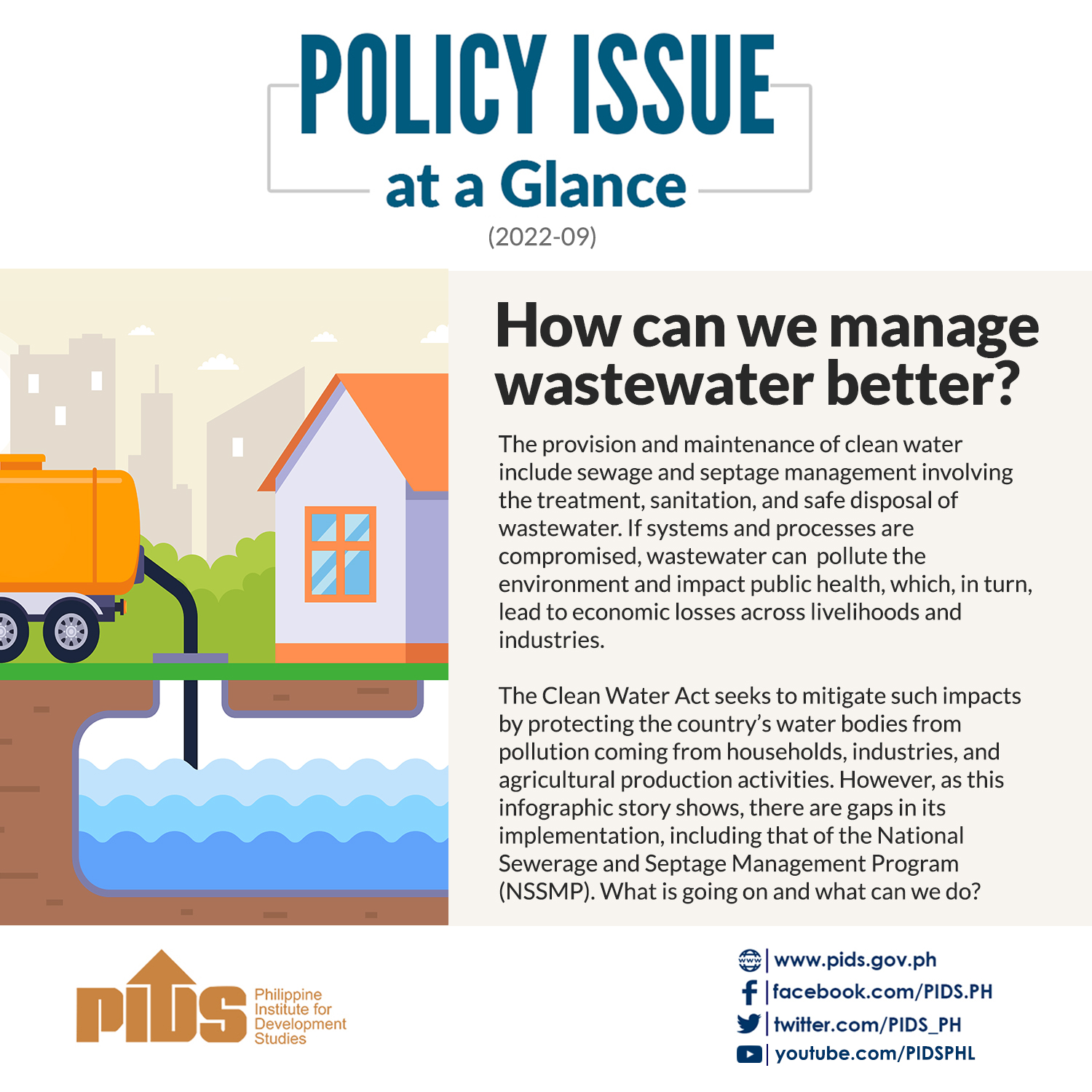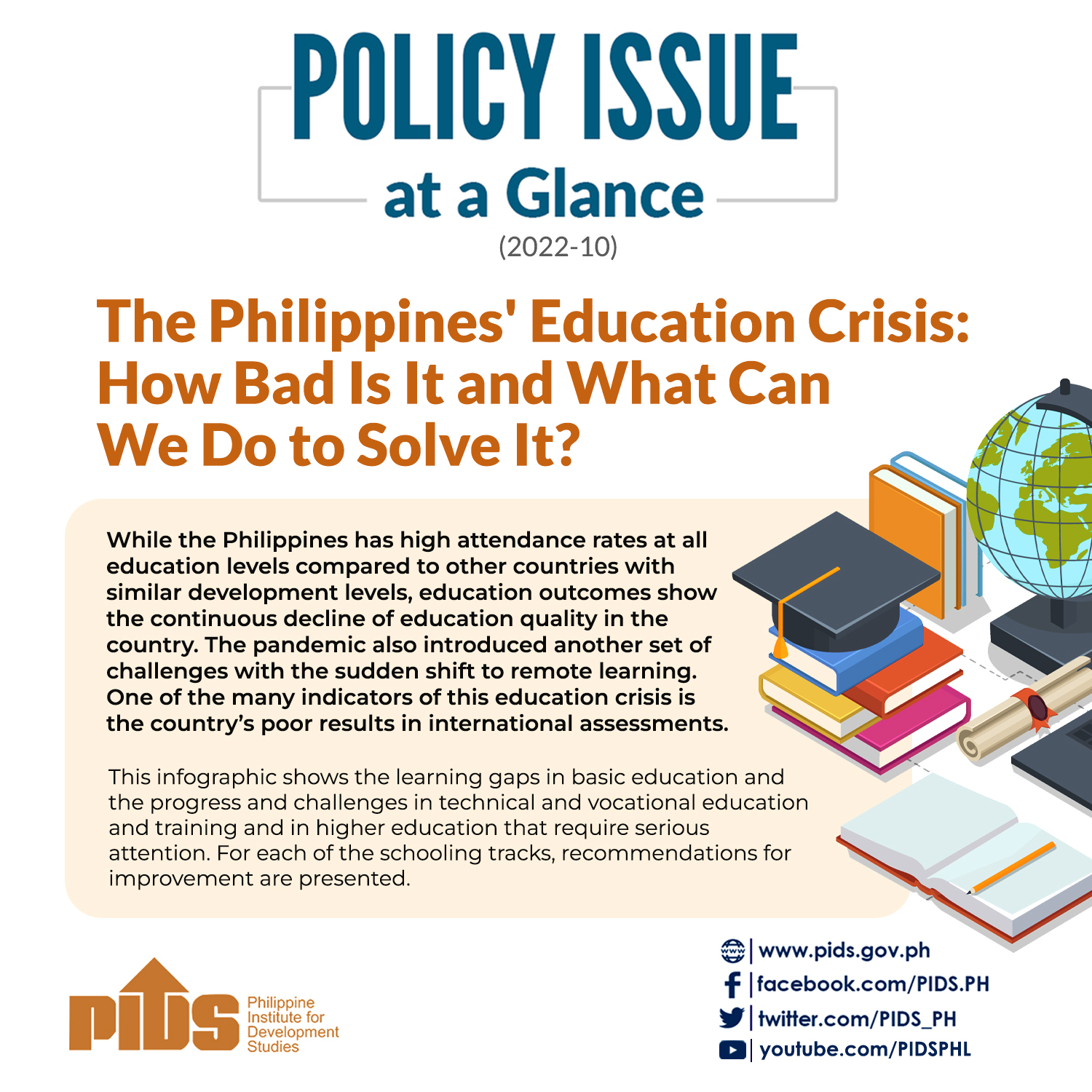The Asian Infrastructure Investment Bank (AIIB) can help foster cooperation between the Philippines and China in the wake of the recent ruling on the South China Sea by an arbitral tribunal, according to a local economist.
In a post at the East Asia Forum, Philippine Institute for Development Studies (PIDS) senior research fellow Adoracion M. Navarro said a multilateral approach through the AIIB can help mend relations between Manila and Beijing.
Last month the International Tribunal for the Law of the Sea upheld the country’s rights in the South China Sea. China, however, rejected the ruling.
“It is difficult to speculate at this point how the situation will evolve. But the Duterte administration may decide to look beyond bilateral negotiations to the multilateral AIIB as another option for infrastructure financing,” Navarro said.
“The AIIB can provide improved transparency and ameliorate other governance concerns surrounding Chinese investment,” she added.
The AIIB can also help the Duterte administration finance the country’s infrastructure needs, particularly the President’s proposal to create the Mindanao rail.
The Mindanao rail project has not been included in the Public Investment Program, which is the government’s medium-term public-investment blueprint.
Navarro said AIIB’s improved transparency policies can assure the government that issues concerning Chinese investment in the past will be repeated.
She said some of these investments resulted in controversial projects, such as the North rail.
“While China holds almost 30 percent of the voting power within the AIIB, the rest is divided among the other members, which already have subscriptions. The ‘no political interference’ clause in the AIIB Articles of Agreement is expected to provide comfort to both the Filipino and Chinese public,” she added.
Navarro said the Philippines can also explore cofinancing with the AIIB, similar to the cofinancing agreements it signed with multilateral banks.
The AIIB has cofinancing agreements with the Asian Development Bank, the European Bank for Reconstruction and Development, and the World Bank.
The Philippines officially signed up as the 57th founding member of the AIIB on December 31, 2015.
As a founding member of the AIIB, Navarro said, the Philippines’s capital contribution is $196 million, payable in five years or $39 million per year, and it must pay the initial tranche in 2016. In February, Difference Group Founder and CEO Dan Steinbock said the Philippines must pursue greater economic cooperation with China to insulate the economy from “global uncertainties.”
Steinbock added that for one, Chinese capital can do a lot to help rebalance growth in the Philippines.
He said countries like Vietnam, which also has territorial disputes with China, is able to explore greater economic cooperation with Beijing.
This, Steinbock said, makes it possible for Manila to strike the same kind of partnership with Beijing, given that China is one of the Philippines’s major trade partners.
In a post at the East Asia Forum, Philippine Institute for Development Studies (PIDS) senior research fellow Adoracion M. Navarro said a multilateral approach through the AIIB can help mend relations between Manila and Beijing.
Last month the International Tribunal for the Law of the Sea upheld the country’s rights in the South China Sea. China, however, rejected the ruling.
“It is difficult to speculate at this point how the situation will evolve. But the Duterte administration may decide to look beyond bilateral negotiations to the multilateral AIIB as another option for infrastructure financing,” Navarro said.
“The AIIB can provide improved transparency and ameliorate other governance concerns surrounding Chinese investment,” she added.
The AIIB can also help the Duterte administration finance the country’s infrastructure needs, particularly the President’s proposal to create the Mindanao rail.
The Mindanao rail project has not been included in the Public Investment Program, which is the government’s medium-term public-investment blueprint.
Navarro said AIIB’s improved transparency policies can assure the government that issues concerning Chinese investment in the past will be repeated.
She said some of these investments resulted in controversial projects, such as the North rail.
“While China holds almost 30 percent of the voting power within the AIIB, the rest is divided among the other members, which already have subscriptions. The ‘no political interference’ clause in the AIIB Articles of Agreement is expected to provide comfort to both the Filipino and Chinese public,” she added.
Navarro said the Philippines can also explore cofinancing with the AIIB, similar to the cofinancing agreements it signed with multilateral banks.
The AIIB has cofinancing agreements with the Asian Development Bank, the European Bank for Reconstruction and Development, and the World Bank.
The Philippines officially signed up as the 57th founding member of the AIIB on December 31, 2015.
As a founding member of the AIIB, Navarro said, the Philippines’s capital contribution is $196 million, payable in five years or $39 million per year, and it must pay the initial tranche in 2016. In February, Difference Group Founder and CEO Dan Steinbock said the Philippines must pursue greater economic cooperation with China to insulate the economy from “global uncertainties.”
Steinbock added that for one, Chinese capital can do a lot to help rebalance growth in the Philippines.
He said countries like Vietnam, which also has territorial disputes with China, is able to explore greater economic cooperation with Beijing.
This, Steinbock said, makes it possible for Manila to strike the same kind of partnership with Beijing, given that China is one of the Philippines’s major trade partners.

